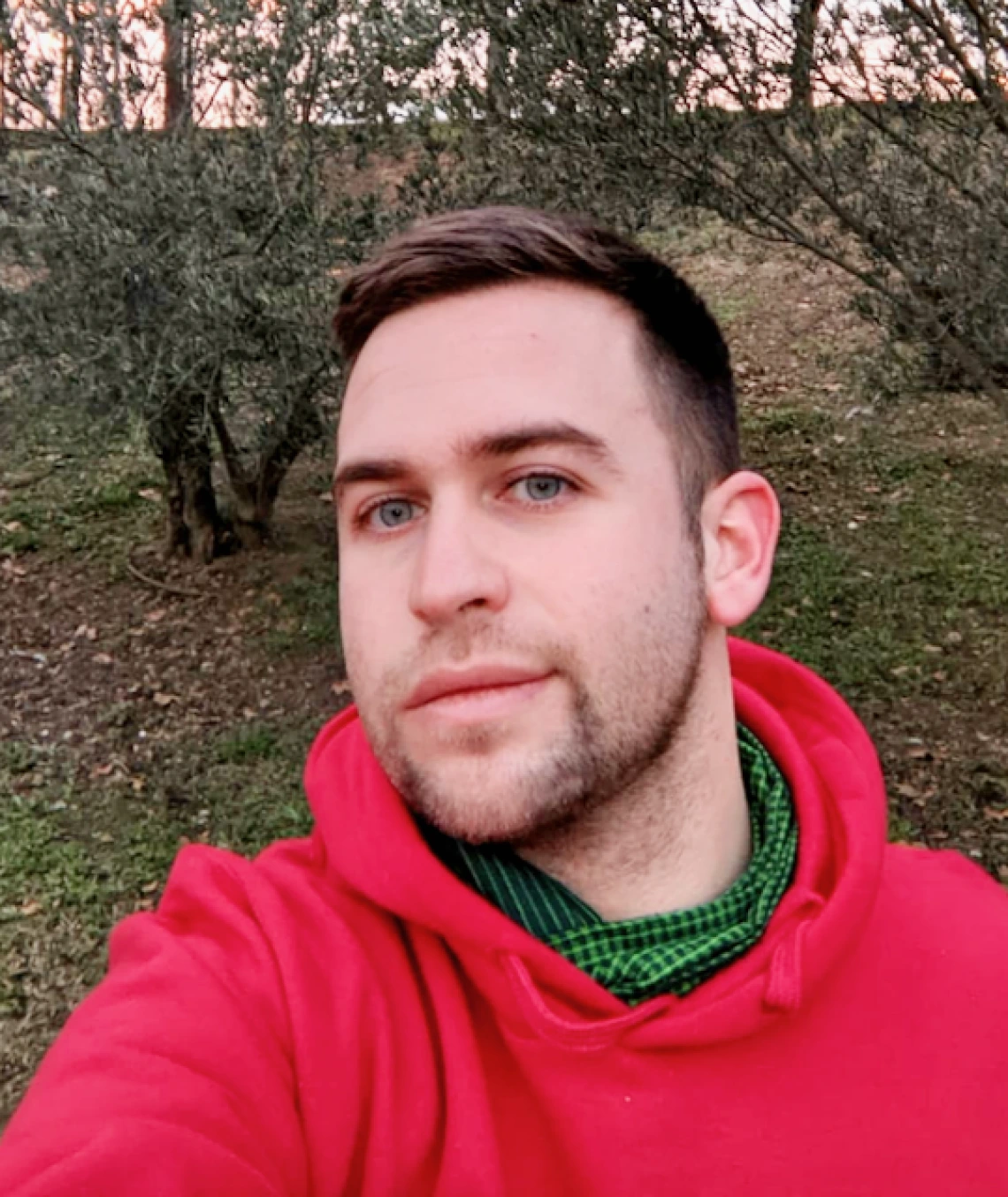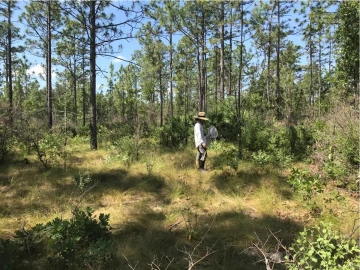Meet Dr. Moreno García!

As a postdoctoral fellow in the laboratory of PI Dr. Daijiang Li (Assistant Professor, Department of Ecology and Evolutionary Biology), Dr. Pablo Moreno García studies bees and their networks with plants and other pollinators. He has worked in the UA’s ecological studies laboratory for the past year after moving from Louisiana State University (LSU) in Baton Rouge.

Dr. Moreno García’s research aims to characterize the effects of urban expansion on bee biodiversity across the United States and Canada. Because many bee species nest underground, the extensive use of cement paving and its impact on underground nesting are a particular concern for certain bee species. Using quantitative data on bee occurrences, species characteristics, and genetics, Dr. Moreno García has noted significant declines in bee populations, genetic diversity, and nesting habits. Urban development has eliminated some genetic lineages and impacted the adaptability and resilience of others. His published findings and development of a collaborative database will help ecologists and biologists to assess humanity’s impact on pollinator numbers and traits. Most recently, Dr. Moreno García travelled to the Normandy region of France to study pollinator activity and biodiversity in ecotones, which are zones of transition between different ecosystems, for example, at the boundary between semi-natural forest and farmlands.
Outside of his ecological work, Dr. Moreno García was the creator of the bi-weekly intercultural Bio Charlas seminar series at LSU. Following the move to the University of Arizona, Dr. Moreno García continued to the seminar series here to provide Spanish-speaking researchers in Arizona the opportunity to present their research in Spanish. The seminars benefit speakers and help the researchers’ families and the larger community to better understand the implications of the research. In a borderland community like Tucson, Bio Charlas serves to strengthen multilingual engagement in science and inspire interest in future researchers.
